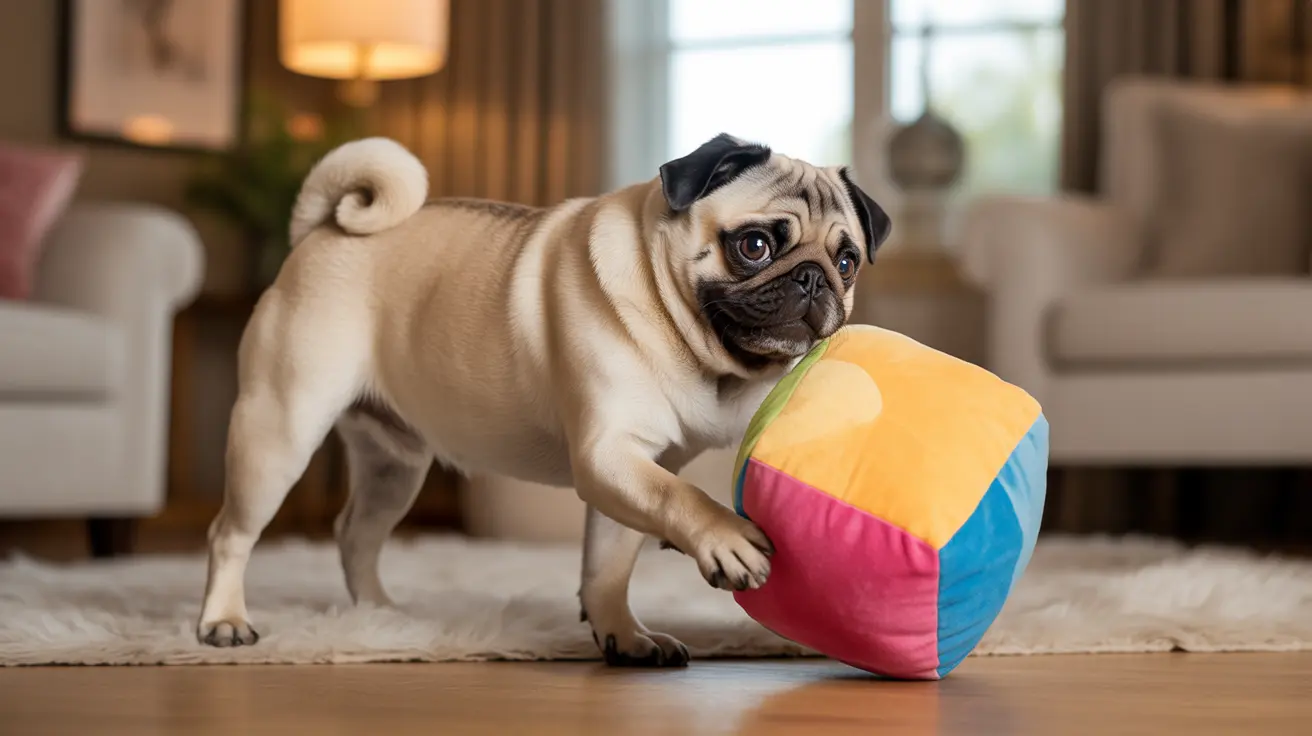Veterinary-Recommended Dental Care for Dogs
Keeping your dog’s teeth healthy is not just about avoiding bad breath—it’s essential to their overall health and happiness. According to veterinarians, dental disease is a common and preventable condition in dogs. Without proper care, plaque and tartar can accumulate, leading to painful gum disease, tooth loss, and even systemic infections. Below, we explore vet-recommended strategies to maintain optimal canine dental hygiene.
1. Regular Brushing
The foundation of good oral hygiene is consistent brushing. Veterinarians recommend brushing your dog’s teeth daily to effectively remove plaque before it hardens into tartar.
- Use a toothbrush and toothpaste formulated specifically for dogs.
- Start slowly and reward your dog to make it a positive experience.
- Focus on the outer surfaces of the molars, where plaque buildup is most common.
2. Dental Chews and Toys
Dental treats and toys are an easy and enjoyable way to help reduce plaque. Many are designed with ridges and special ingredients that clean teeth while your dog chews.
- Look for products approved by the Veterinary Oral Health Council (VOHC).
- Avoid overly hard toys like natural bones or antlers that may chip teeth.
- Chews can be used as a supplement, not a replacement, for brushing.
3. Professional Dental Cleanings
Even with daily care, professional cleanings are necessary. Veterinarians recommend annual dental cleanings under anesthesia to remove tartar buildup under the gumline and to examine the teeth closely.
- Performed under general anesthesia for thorough and safe cleaning.
- Helps identify issues like cracked teeth, abscesses, or oral tumors.
- Often combined with dental X-rays for a complete assessment.
4. Dental Diets and Water Additives
Specialized dog foods formulated for dental health use kibble that is designed to scrub the teeth. Water additives can also help reduce plaque and freshen breath.
- Veterinarians may recommend prescription dental diets for dogs with ongoing dental issues.
- Water additives contain enzymes that help control bacteria and tartar buildup.
- These are passive strategies ideal for dogs resistant to brushing.
5. Recognizing Signs of Dental Disease
Early detection is key. Recognize the signs of dental trouble so you can get veterinary help promptly.
- Bad breath
- Drooling or dropping food
- Red or bleeding gums
- Loose or missing teeth
- Facial swelling or pawing at the mouth
6. Establishing a Routine
Consistency is key. Veterinarians emphasize building a dental care routine early in a dog’s life. Puppies raised with regular brushing are more likely to tolerate it in adulthood.
- Make dental care a positive experience with praise and treats.
- Incorporate it into your daily grooming routine.
- Set reminders and consult your vet regularly.
Conclusion
Good oral hygiene can significantly improve your dog’s quality of life and lifespan. By incorporating regular brushing, vet-approved chews, professional cleanings, and dental-friendly diets, you can take a proactive approach to your dog’s dental health. Always consult with your veterinarian to tailor a plan best suited to your pet's individual needs.





